
Managing IT as a Business
A Survival Guide for CEOs
Read or listen offline
Amazon KindleRecommendation
In the fall of 2003, the Harvard Business Review published an article advancing the proposition that "IT doesn’t matter." The article’s author suggested that because IT was now a commodity, and everyone had it, it no longer conveyed any distinctive competitive advantage and therefore, strategically, did not matter. In fact, at many companies, IT doesn’t matter as much as it should - not because it is a commodity that other companies also use, but because most companies don’t get every potential benefit from their IT. To advance your business agenda effectively, make IT a real part of the business. Author Mark D. Lutchen shows managers, particularly CEOs and CIOs, why IT is not fully a part of business at the moment, and what it will take to turn IT into a competitive, strategic asset. getAbstract.com recommends this useful, well-written, clearly organized book to anyone whose job involves decisions on IT budgets, organization, investments or strategy.
Summary
About the Author
Mark D. Lutchen is the former global CIO of PriceWaterhouseCoopers and currently leads that firm’s Business Risk Management Initiative.








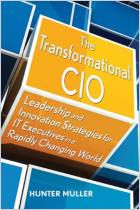
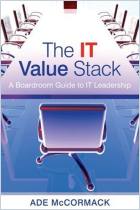
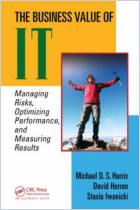
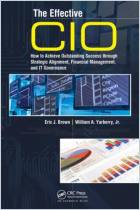
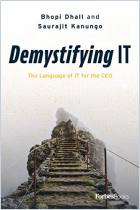



Comment on this summary or Начать обсуждение